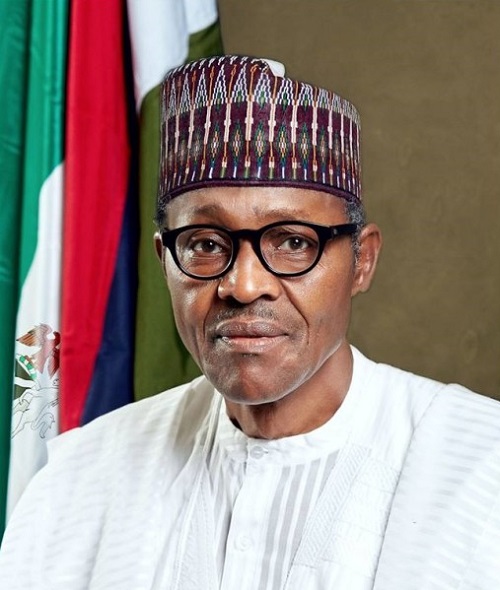
President Muhammadu Buhari’s anti-graft war has suffered a massive set-back with the suspension of the Nigerian Financial Intelligence Unit (NFIU) from the Egmont Group, TheCable can report.
And if Nigeria fails to comply with the group’s demands for a legal framework granting autonomy to the NFIU by January 2018, the country will be expelled from the global body which provides the backbone for monitoring international money laundering activities.
In the event of an expulsion, Nigeria will no longer be able to benefit from financial intelligence shared by the other 153 member countries, including the US and the UK, while the country’s ability to recover stolen funds abroad will also be hampered.
The federal government is currently seeking to recover funds laundered globally by politically exposed persons and their associates.
Another major dire consequence will be the blacklisting of Nigeria in international finance, and this could affect the issuance of Mastercard and Visa credit and debit cards by Nigerian banks.
It could also affect the international rating of Nigerian financial institutions, restricting their access to some big-ticket international transactions.
Nigeria’s admittance into the group in 2007 is considered to be one of the biggest achievements of the President Olusegun Obasanjo administration.
The membership ensured the removal of Nigerian banks from the blacklist of international finance.
The blacklisting had prevented the banks from engaging in correspondent banking with foreign institutions and also denied Nigerians access to foreign credit cards.
“It was one hell of a struggle to get Nigeria as a member,” a former senior official of the Obasanjo administration told TheCable on Tuesday.
“The suspension is a massive blow. It is going to set us back by a number of years because it is not easy to get admitted into the group. I hope things are still redeemable before it ends in an expulsion.”







